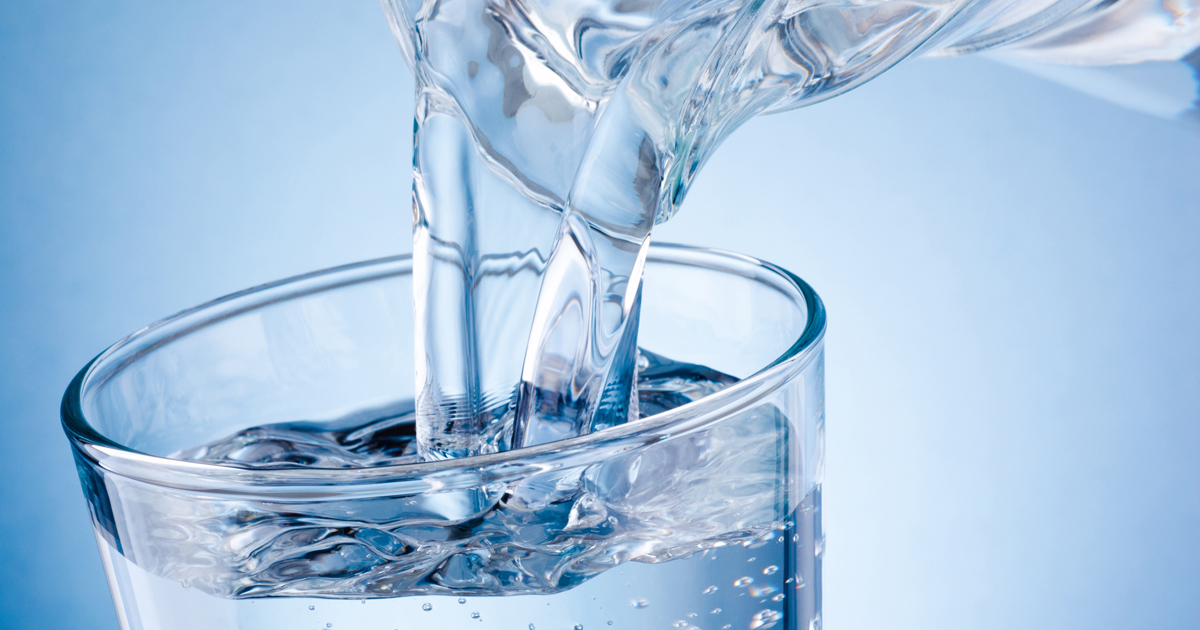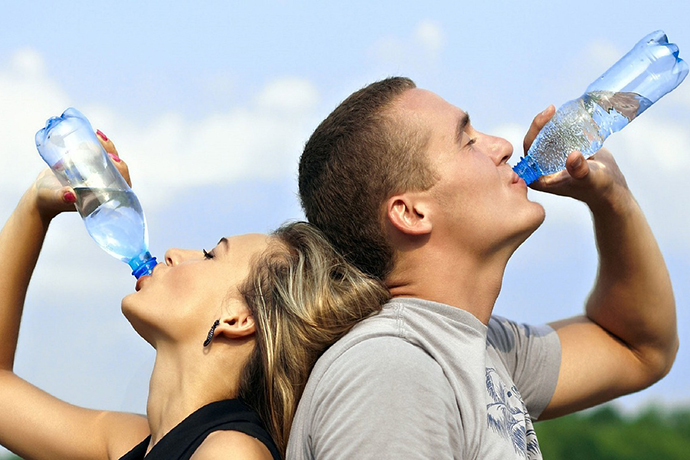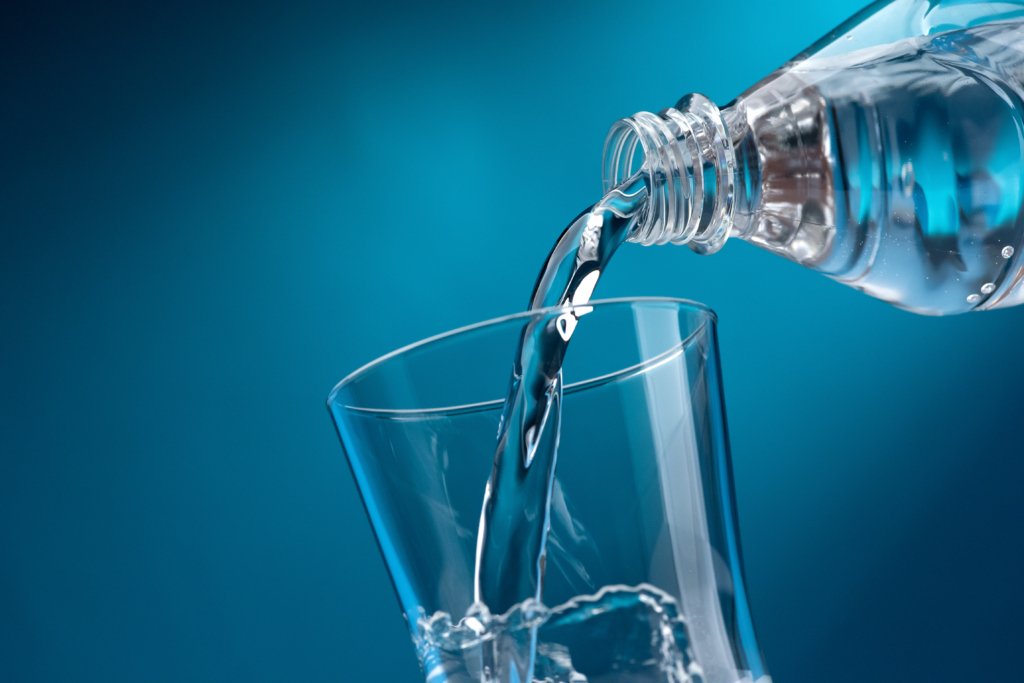Title: Signs of Dehydration: Recognizing the Symptoms and How to Prevent Them
Dehydration occurs when the body loses more fluids than it takes in, leading to an imbalance of water and electrolytes essential for proper bodily function. Recognizing the signs and symptoms of dehydration is crucial for maintaining health and preventing potentially serious complications. By understanding the causes, symptoms, and prevention strategies for dehydration, individuals can take proactive steps to stay hydrated and maintain optimal well-being. Here’s a comprehensive guide to recognizing the signs of dehydration and how to prevent them:
1. **Understanding Dehydration**:
– Dehydration occurs when the body loses more fluids than it takes in, leading to an insufficient amount of water to support normal bodily functions.
– Fluid loss can occur through various means, including sweating, urination, vomiting, diarrhea, excessive heat exposure, and inadequate fluid intake.
– Electrolytes, such as sodium, potassium, and chloride, are essential for maintaining fluid balance and are lost along with fluids during dehydration.
2. **Signs and Symptoms of Dehydration**:
– **Thirst**: Feeling thirsty is one of the earliest signs of dehydration. The body’s thirst mechanism is activated to prompt individuals to drink fluids and replenish lost water.
– **Dry Mouth and Lips**: Dry mouth and parched lips are common symptoms of dehydration due to reduced saliva production and moisture loss.
– **Dark Urine**: Dark yellow or amber-colored urine is a sign of concentrated urine, indicating dehydration. Inadequate fluid intake leads to decreased urine output and darker urine color.
– **Fatigue and Weakness**: Dehydration can cause feelings of fatigue, weakness, and lethargy as the body struggles to function without sufficient fluids.
– **Dizziness and Lightheadedness**: Dehydration can lead to decreased blood volume and blood pressure, resulting in dizziness, lightheadedness, and fainting.
– **Headache**: Dehydration can trigger headaches and migraines due to changes in blood flow and electrolyte imbalances.
– **Dry Skin and Reduced Sweating**: Dehydrated individuals may have dry, flushed skin and reduced sweating, as the body conserves water and attempts to regulate body temperature.
– **Rapid Heart Rate and Breathing**: Dehydration can lead to an increased heart rate (tachycardia) and rapid breathing (tachypnea) as the body attempts to compensate for fluid loss.
3. **Preventing Dehydration**:
– **Stay Hydrated**: Drink plenty of fluids throughout the day, especially water, to maintain hydration levels. Aim for at least 8-10 cups of water per day, or more in hot or humid conditions, during exercise, or if experiencing illness.
– **Monitor Fluid Intake**: Pay attention to fluid intake and ensure adequate hydration, particularly during periods of increased fluid loss, such as exercise, hot weather, or illness.
– **Replace Electrolytes**: In addition to water, consume electrolyte-rich fluids or foods to replenish lost electrolytes during dehydration. Sports drinks, coconut water, and electrolyte-enhanced beverages can help restore electrolyte balance.
– **Eat Hydrating Foods**: Incorporate hydrating foods with high water content into your diet, such as fruits (e.g., watermelon, oranges, berries), vegetables (e.g., cucumbers, tomatoes, celery), soups, and broths.
– **Avoid Excessive Alcohol and Caffeine**: Limit consumption of alcoholic and caffeinated beverages, as they can have diuretic effects and increase fluid loss.
– **Take Breaks in Hot Weather**: When exposed to hot or humid conditions, take frequent breaks in the shade, stay cool, and drink plenty of fluids to prevent dehydration and heat-related illnesses.
4. **Seeking Medical Attention**:
– In cases of severe dehydration or if symptoms persist despite efforts to rehydrate, seek medical attention promptly. Severe dehydration requires intravenous (IV) fluids and medical intervention to restore hydration and electrolyte balance.
By recognizing the signs and symptoms of dehydration and implementing preventive measures to stay hydrated, individuals can maintain optimal health and well-being. Prioritizing fluid intake, especially during periods of increased fluid loss or heat exposure, is essential for preventing dehydration and supporting overall health and vitality.


